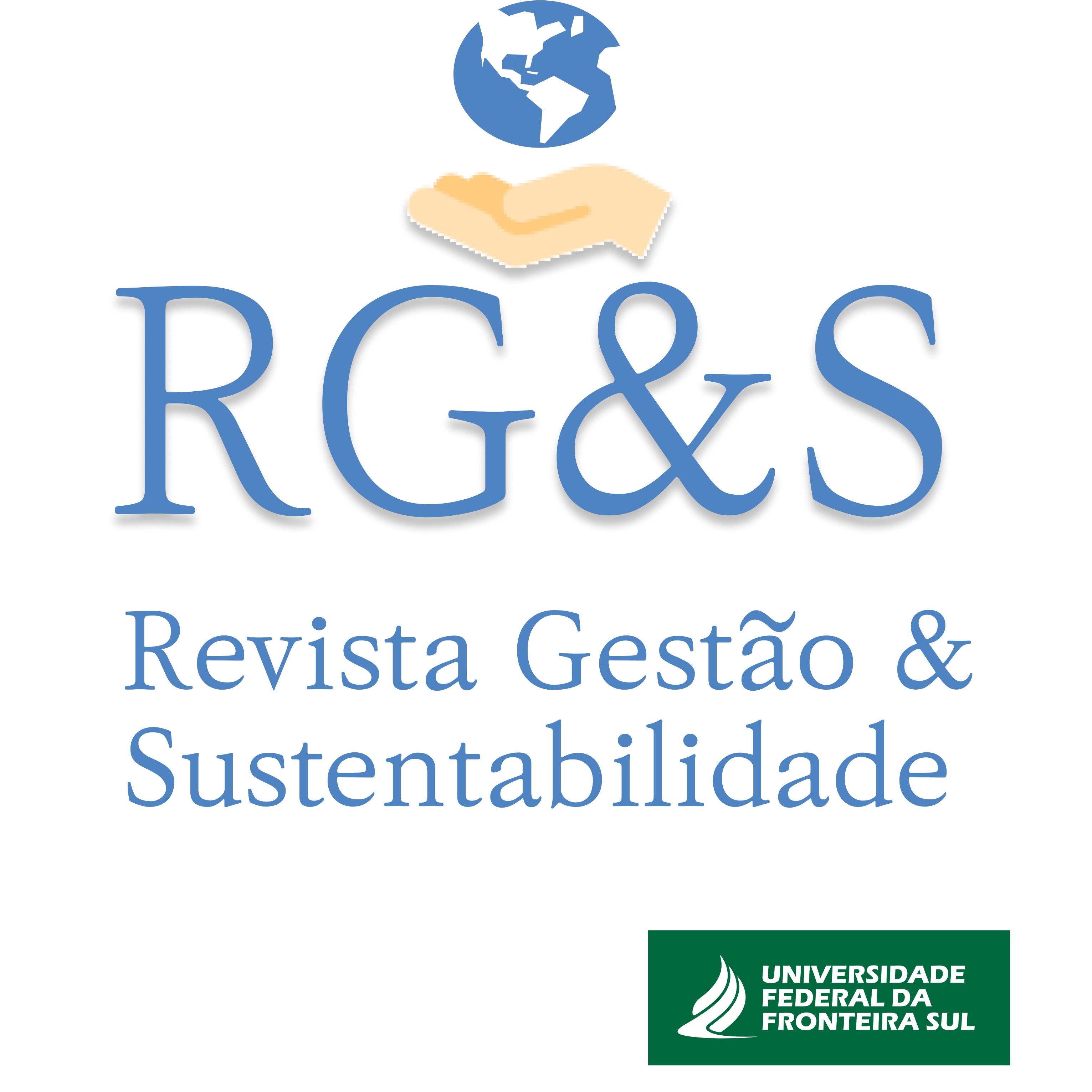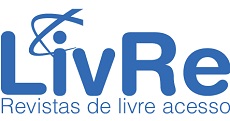Assessing of Manual Sorting in Municipal Solid Waste: A Study Case in São Paulo City
DOI:
https://doi.org/10.36661/2596-142X.2023v5n1.14344Keywords:
Recycling, Gravimetry, Selective Collection, Rejects, Waste PickersAbstract
The dependence of political factors and the lack of integrated municipal waste (MSW) management in metropolitan regions of developing countries turn selective collection and circular economy great challenges to be implemented. This paper presents the characterization of the selective household MSW sent to a manual sorting plant located in the central area of the São Paulo City, aiming to assess the real rejects that are going to sanitary landfill after sorting process. Six sampling campaigns were carried out at the input and output of the sorting process during a year (2016 to 2017). The results show that the materials from the selective collection destined to the plant already arrive with 13.8 % of rejects. In addition, there are about 49.8 % of dry and recycled materials after the sorting process, half of them without commercial value, technical recycling solution available or non-identified. This study shown that, independent of the efficiency and social problems in the totally manual sorting process, which was higher than the local Materials Recovery Facilities, the lack of recycling industries and the presence of dry, but not recyclable materials, as composite packaging, non-identified plastics, Styrofoam and electronics difficult the profitability of this kind of plant.
Downloads
Downloads
Published
Issue
Section
License
-
O(s) autor(es) autoriza(m) a publicação do artigo na revista;
-
O(s) autor(es) atesta (m) que a contribuição é original e inédita e que não está em processo de avaliação em outra(s) revista(s);
-
A revista não se responsabiliza pelas opiniões, ideias e conceitos emitidos nos textos, por serem de inteira responsabilidade de seu(s) autor(es);
-
É reservado aos editores o direito de proceder ajustes textuais e de adequação do artigo às normas da publicação;
-
Autores mantêm os direitos autorais e concedem à revista o direito de primeira publicação, com o trabalho simultaneamente licenciado sob a Creative Commons Atribuição 4.0 Não Adaptada, que permite o compartilhamento do trabalho com reconhecimento da autoria e publicação inicial nesta revista














